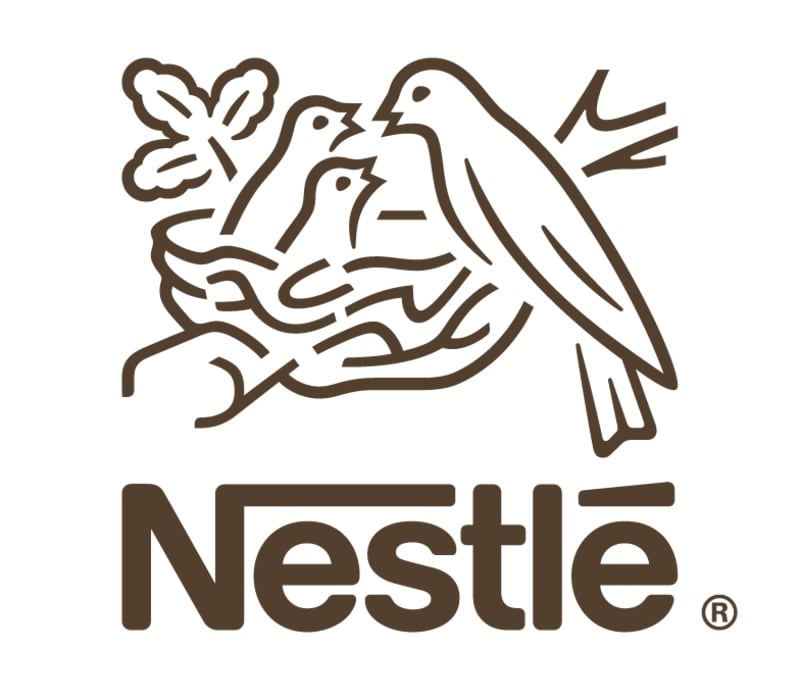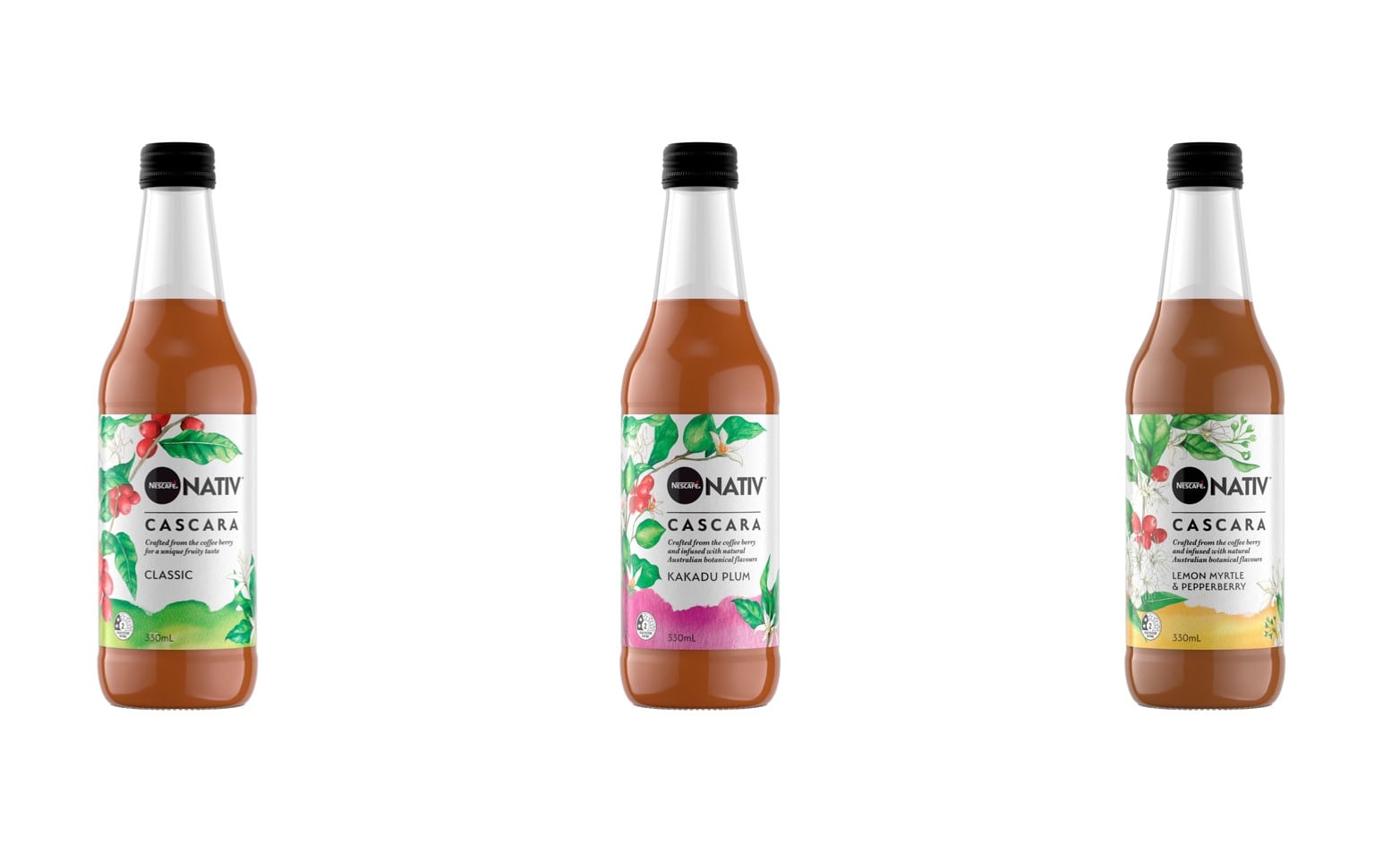Nestle Malaysia recently completed the establishment of a specialized plant-based facility in its Shah Alam plant, its first in South East Asia and the only other one in Asia apart from a China-based facility located in Tianjin which just started operations at the end of 2020.
According to Aranols, the firm spent around RM150mn (US$37mn) out of a total of RM280mn (US$69.1mn) allocated CAPEX for this year on the facility, dubbed the Plant-Based Meal Solutions (PBMS) manufacturing facility.
“The facility has basically been completed and we are now running trials on the products, which will be hitting the market very soon, I would say some time in February this year,” he told FoodNavigator-Asia.
“We’ll start with the out-of-home segment, with things like supplying burgers for restaurants, but that’s just the beginning – we’ll move quickly into retailing products directly to consumers a bit later in the year, probably around April or May 2021.”
The plant-based products will be marketed under the Harvest Gourmet brand which already has some recognition in APAC markets like Australia but has not yet entered the Malaysian market, and the plan is to launch plant-based innovations in other product categories too, though Aranols opted to keep mum on specifics for now.
“We are mindful that this plant-based category is really at an early stage here, and we will need time to build this and educate consumers,” he said.
“There will definitely be a full range of products though - I won’t go into too many specifics for now as we are finalizing commercial plans [but for sure] there will be plant-based innovations in our other product categories as well, from products for cooking like bolognese and others that just need heating/grilling like burger patties and schnitzels.”
The PBMS facility will be producing plant-based products for local consumption as well as for export, also supplying to all the rest of the Asian markets outside of China.
“The plant-based products made at the PBMS facility will be halal, and we are proud to be one of the few halal plant-based facilities around, [which also] enable opportunities for exports to many parts of the world,” he said.
“We will be starting with common ingredients such as soy, but the thing to emphasise here is that the process we have opted to use is a very natural one – so just blending, mixing, adjusting humidity, temperature etc., forming into the final shapes and freezing.”
Why the focus on plant-based?
Aranols also highlighted that the firm’s decision to ramp up its local plant-based focus this year was a ‘global choice’, identified by the Nestle Group as a whole as an accelerated F&B growth area.
“I think there is a very clear rationale for this choice – in terms of sustainability for example, we know there is a need for a more sustainable and efficient approach to delivering healthy diets for consumers beyond animal protein, one that uses less water, carbon dioxide, land and so on,” he said.
“It is also clear that in this area, we need to move fast and at a large scale, so plant-based really is a [logical choice] – compared to 1kg of animal protein, getting 1kg of plant protein takes much less of all the resources mentioned above and is much more efficient – so we wanted to start doing this aggressively and quickly.
“Nutritionally, it also makes a lot of sense – we all know that abusing meat consumption causes a variety of health issues, and plant-based protein consumption has much less cholesterol and fats compared to meat. It also allows for the diversification of one’s protein intake which is much better for you.
“All in all, when innovating products, we aim for high nutritional value, [and] plant-based products can be a good source of protein, vitamins, minerals, dietary fibre, and in addition healthy oils. We’re not looking at just vegetarian consumers, but at helping all consumers adopt a more diverse diet with more variety.”
Malaysia and Singapore were pointed out as markets of ‘very high opportunity’ due to the high levels of meat consumption in both countries, around 60kg and 50kg meat consumed per capita respectively.
Plant-based as a major growth driver and pricing concerns
Overall, Aranols stressed that plant-based will be a major growth driver and consumer category in Asia in the long-term as it ticks all the boxes.
“It provides better nutrition and has a huge impact in helping sustainability, so if we can also make sure the products taste great and consumers don’t have to sacrifice anything when choosing these, then altogether combined we can see why in the long term this will be a fundamental category for food firms like us to play in [and] a big growth driver,” he said.
For products to truly integrate in Asia though, a big factor to consider is always price. When queried on the plans regarding price points for the upcoming plant-based products, he did not give specifics but stressed that the aim was to become mainstream eventually.
“It is important to remember that many of the plant-based products we are seeing from other brands currently are expensive as these are being imported from overseas, plus they usually cater to a niche audience which is mostly affluent expatriates and so is often viewed as a premium category,” he said.
“Because we are locally based, our ambition is definitely to reach a better price point that works for the common consumer, and the aim is for these products to become mainstream at some point so the price has to work to make this happen too.
“In this sense, educating consumers and getting them to understand the category so as to create demand and make plant-based consumption a habit is important too, and we will be starting on this education soon as we roll out products.”
Time needed to become mainstream
That said, Aranols acknowledged that it ‘will take time’ for the plant-based trend to become mainstream in Malaysia, although he expressed confidence that this will definitely happen.
“Locally, there is already some plant-based culture established in things like tofu, so I don’t think the transition will be very difficult, but it will take time,” he said.
“We might need a few years, maybe around five years, to reach the same frequency as is being seen in western countries like Australia or the EU right now, and they will be further ahead then, but either way, I believe we can get there.
“It might take years of investing, but there’s really no reason why we can’t get significant penetration for this category – if they taste good, meet quality standards, are halal, are better and so on, it’s really the very rational choice, [so] we are optimistic that demand for plant-based products in Malaysia will only grow stronger.”
Read Part I of this exclusive interview here and Part III here.





